Grocery shopping during the pandemic can be stressful. Add to this a recent report on heavy metals in baby food and many parents are finding themselves confused and concerned. Choosing foods for your baby should feel simple, but conflicting opinions and mixed advice from friends and family can make it overwhelming. Below, we dispel some common myths around heavy metals in food to ease your mind about what you’re putting in your children’s mouths.
MYTH: We didn’t know there were heavy metals in foods before this new report.
FACT: We already knew that small amounts of arsenic are present in rice and apple juice. In the past, the American Academy of Pediatrics (AAP) has supported proposals to limit the arsenic in rice cereal.
MYTH: If I make all my own baby food, I can be sure it doesn’t contain heavy metals.
FACT: Because these metals accumulate in dirt and soil, anything that grows in the ground will contain small (trace) amounts of them. Let’s say you want to feed your baby pureed carrots. You could buy pre-made purees at the store, or you could grow the carrots, clean them, cook them and puree them yourself. While the homemade batch will be less processed, both will contain some amount of trace heavy metal from the ground.
MYTH: I have to start my baby on pureed food.
FACT: You can offer mashed-up or blended versions of what the rest of the family is eating. Food should be very soft: you should be able to easily smash it between two fingers. Avoid anything raw and hard. Foods that are round, firm or slippery (like a hot dog bite) can also pose a choking risk. And, for infants younger than one, steer clear of honey as there is a risk for botulism at this age from an immature (young) digestive tract.
MYTH: Juice is “natural” and a healthy option for babies and toddlers.
FACT: Juice is high in sugar and low in nutrition. Instead, offer water* and whole milk to children between 1 and 2 years of age and switch to low-fat or skim milk after that. For younger infants, focus on breastmilk or formula.
*If you live in an area with well water and/or older pipes, use a filter. Get in touch with your local health authority if you have concerns about your water quality.
MYTH: Because of this new report, I should completely avoid certain foods.
FACT: Aim for a variety of food and a colorful plate. Some root vegetables, like sweet potatoes and carrots, may draw up more heavy metals from the groundwater. This doesn’t mean you have to cut them out entirely, but try to offer them in moderation alongside other options. Steer clear of predator fish, such as swordfish and albacore tuna, as they may have higher mercury levels. Salmon is a great option. In addition, it contains omega-3 fatty acids that can help your little one’s growing brain.
MYTH: Specialized diets, such as gluten-free, are helpful for babies.
FACT: It’s healthy for your baby to eat a variety of grains. Rice appears to contain higher levels of arsenic than others. You can minimize this exposure by rinsing rice before cooking or boiling it in extra water and straining before serving. You can also avoid infant rice cereals and start with oats, barley or other grains. Early exposure to common allergens, such as wheat, may lessen the risk of developing an allergy to it. If you have concerns, always discuss with your child’s pediatrician.
MYTH: I should ask my pediatrician to test my child for heavy metals.
FACT: The AAP recommends that pediatricians screen for lead exposure at routine check-ups starting at six months of age. It does not, however, recommend testing your child for any other heavy metals. In addition, it is important to follow your pediatrician’s recommendations for getting the necessary heavy metals, like iron. Many kids need iron supplementation to avoid anemia and fear about heavy metals does not change this.
As a parent, it’s important to be an informed consumer. Read food labels, advocate for your children’s needs and make the choices that make sense for you and your family. Keep in mind there is no perfect recipe when it comes to kids’ mealtimes. Aim for balance and remember to have fun exploring new and nutritious food options with your children.
 https://riseandshine.childrensnational.org/wp-content/uploads/2026/01/healthy-family-feature.jpg
300
400
Rise and Shine
https://riseandshine.childrensnational.org/wp-content/uploads/2017/11/childrens_riseandshine_logo.jpg
Rise and Shine2026-01-28 13:02:522026-01-29 09:53:52Celebrate American Heart Month together: Healthy habits for the whole family
https://riseandshine.childrensnational.org/wp-content/uploads/2026/01/healthy-family-feature.jpg
300
400
Rise and Shine
https://riseandshine.childrensnational.org/wp-content/uploads/2017/11/childrens_riseandshine_logo.jpg
Rise and Shine2026-01-28 13:02:522026-01-29 09:53:52Celebrate American Heart Month together: Healthy habits for the whole family


 Sarah Combs, MD, was a pediatric emergency room physician and Director of Outreach in the Division of Emergency Medicine and Trauma Services at Children’s National.
Sarah Combs, MD, was a pediatric emergency room physician and Director of Outreach in the Division of Emergency Medicine and Trauma Services at Children’s National.


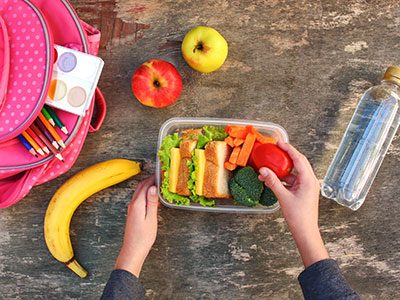



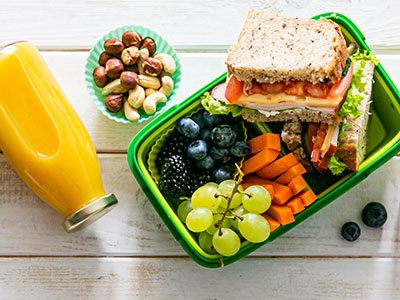


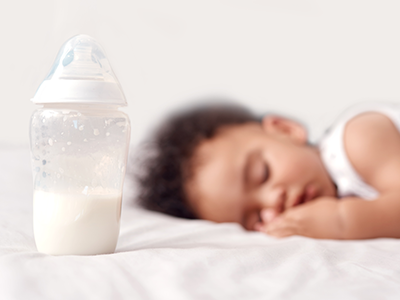




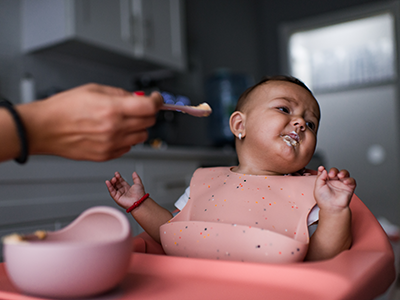
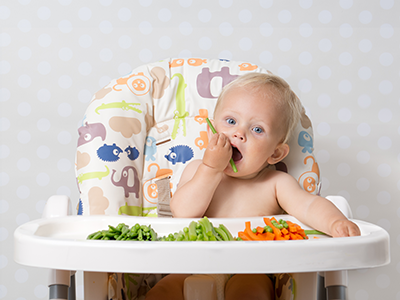

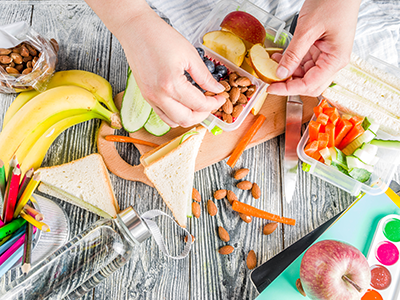
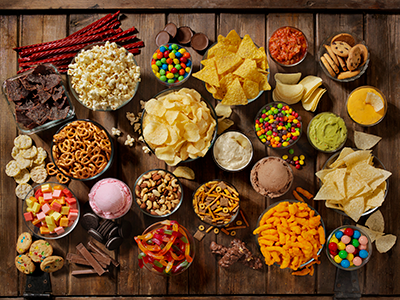
Leave a Comment
Want to join the discussion?Feel free to contribute!